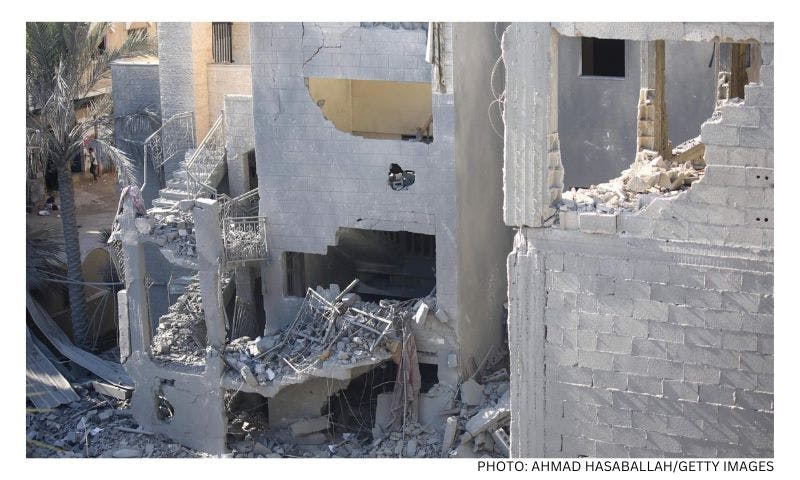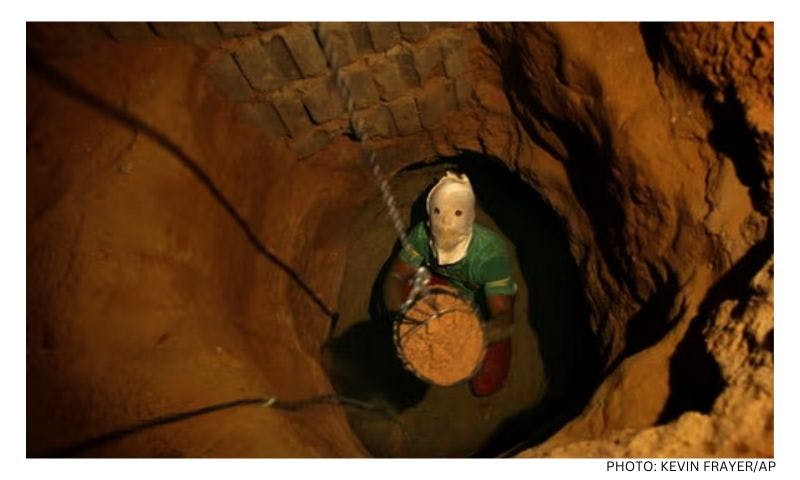Published: 14 October 2017
Last updated: 4 March 2024
Presenting in Arabic, Hebrew, and even Yiddish – and sometimes in a mixture of all three – the twenty or so performers, all volunteers, created an evening filled with everything that Culture Minister Miri Regev would not want the public to hear.
In fact, the entire evening, on October 5, intended as a statement against Regev and the right-wing government headed by Benjamin Netanyahu, was the climax of an ongoing campaign by the theatre company under the slogan, “We are all the Jaffa Theatre.”
The campaign is a response to Regev’s efforts to cut the theatre’s funding, based on an unprecedented use of what is referred to as the “Naqba Law.” Naqba, which means catastrophe, is the term Palestinians use to refer to the 1948 war for Israel’s independence.
The Law, passed in 2011, allows the government and its ministries to cut support to institutions that incite to terrorism, racism or violence, that support violent struggle or terrorism against Israel, mark Israel’s Independence Day as a day of mourning or deny Israel’s right to exist as a Jewish and democratic state.
The Arab-Jewish Theatre in Jaffa, which is actually made up of two theatre collectives, the Local Hebrew Theatre and the Al-Saraya (Arabic) Theatre, was founded some 25 years ago to promote cross-cultural understand through plays, performances, festivals and educational programs. The collectives work together and independently, in Hebrew and Arabic, with Jewish and Arab actors.
“We are a small repertoire theatre,” says artistic co-director Igal Ezrati tells +61J. “We are not trying to offer a political solution to the conflict. Here, Jews and Arabs who work together and experience each other. Our work is a model of what life in a peaceful, secular democratic state could be. And in Israel today, that is considered political because it challenges the government’s view.”
The campaign is a response to the Culture Minister’s efforts to cut the theatre’s funding, based on an unprecedented use of the 'Naqba Law', which allows the government to cut support to institutions that incite terrorism, racism or violence.
Sinai Petter, who has directed several of the Theatre’s performances, adds: “Our agenda is to give expression to as many different narratives as possible. It is radical theatre, because, in both its aesthetics and its content, it is meant to challenge accepted ways of thinking.
“The State has no right,” Petter continues, “to intervene in our content – even if it really angers some of the politicians.”
[gallery columns="1" size="large" ids="14638"]
Culture Minister Regev more than disagrees. In early September, she turned to the Ministry of Finance to begin proceedings to cut back or even stop all funding to the Theatre because of its ostensible violation of the Naqba Law.
In response to the Minister’s demand, the Counsel General of the Ministry of Finance reviewed the Theatre’s full repertoire and determined that two events may have violated that law.
The first event occurred in June, when the theatre staged Notebooks from Prison, which included readings of texts written by Palestinian security guards in Israeli jails. The second was in August, when the Theatre hosted an event in support of Dareen Tatour, an Israeli-Arab poet who was indicted in 2015 for incitement to violence and support of terrorism. He remains under house arrest.
“Our policies of support are not automatic, and the Culture Ministry is not an ATM…The Jaffa Theatre has turned itself into a platform for incitement to terror,” Regev wrote on her Facebook page.
If the funding is cut, it would mark the first time that the Naqba Law has been applied to artistic expression. Within the next few weeks, Theatre officials will be summoned to a hearing before a joint committee of the Finance, Culture and Sport, and Justice ministries. Finance Minister Moshe Kahlon, who will ultimately make the decision after the hearing has alaredy made it clear that he agrees with Regev’s approach.
The performance-demonstration in support of the Theatre concluded a day full of artistic events, including plays for children, street performances, and live karaoke. Funded in part by the New Israel Fund, more than 1,500 people crowded into the courtyard throughout the day.
Tel Aviv-Jaffa mayor Ron Huldai opened the performances by stating: “This theatre doesn’t oppose the State of Israel. It loves the state very much, and that is why we will continue to support it.” Noting that he is not an actor, he then pulled a simple recorder from his pocket and played a well-known folk song as the audience hummed along.
“It almost gives me hope that the theatre is actually important and actually has as much clout as this right-wing government says.
Many of the other presentations were directed, overtly or subtly, to Regev herself. Immediately following Huldai, actor Imad Jabarin came on stage to recite, in both Arabic and Hebrew, a poem by the late Palestinian poet Mahmoud Darwish. “Together we will break this siege,” he declared.
The audience understood the reference very well. In September, 2016, Regev stormed out of the Ophir Awards – Israel’s equivalent of the Oscars - because of a reading of one of Darwish’s poems.
Wrapped in a flag, performer Sarit Vino-Elad “modelled” what she referred to as “that which is permitted to perform on stage according to Miri Regev.” After reciting a monologue, Arab actor Murad Hassan screened clips of Regev’s fiery speeches against what she referred to as “terrorist cultural institutions.” Already ludicrous in that setting, the clips of the Minister became even more ridiculous as Hassan corrected her grammatical errors.
Other actors who have come under Regev’s fire also performed, including Arab actress Samira Saraya, who is currently performing in The Peacock of Silwan, a play, directed by Petter, protesting Jewish settlement in the Palestinian neighbourhood of Silwan in Jerusalem. After presenting a monologue from the play, Saraya declared: “Since we’re already in despair, we might as well be in despair together.”
It is hardly surprising, then, that on Sunday, Regev once again turned to the Finance Minister and to the Attorney General, demanding that they determine whether the performances that evening also constituted a violation of the Naqba Law. She also accused Vino-Elad of “disgracing the flag,” but did not threaten any particular action.
Culture Minister Regev accused Vino-Elad of “disgracing the flag” but did not threaten any particular action.
The Jaffa Theatre is not the only institution she has gone after. Regev has threatened to cut funding to both the Jerusalem and Tel Aviv Cinematheques – Israel’s two most important art-house theatres – for screening what she sees as anti-occupation films and hosting similarly themed film festivals. And she has completely cut funding to the Arabic-language al-Midan Theatre in Haifa because of a performance that, she claims, glorifies terrorism.
Regev has also instituted policies punishing artists and theatres that refuse to perform in West Bank Settlements by cutting a third of their public funding and providing a 10 percent bonus incentive to those that do.
She has also been severely critical of the recently-released film, Foxtrot, a drama that looks at the toll the occupation takes on both Palestinians and Israeli soldiers, as well as their families, which received rave reviews at the Venice Film Festival, won this year’s Best Film at the Ophir Awards and is likely to be Israel’s entry to the foreign films category at the Oscars this year.
Petter inists that Regev’s actions, and Kahlon’s response, are little more than a diversion tactic. “This government has failed on every level, and so they are trying to create a witch hunt against any narratives that are different from the ones they want us to believe.
“It almost gives me hope that the theatre is actually important and actually has as much clout as this right-wing government says. But just almost.”
According to Ezrati, the Theatre receives some nearly 900,000 NIS in public funds, which make up a significant portion of its budget. But he promises that the theatre will find a way to continue. “It is outrageous that the bureaucrats in the government are assuming the authority to decide if art is acceptable or not,” he fumes.
“Our performances are thought-provoking, and may even make some people angry. But that is the job of theatre and of all art – to make us think and to challenge our assumptions.”





Comments
No comments on this article yet. Be the first to add your thoughts.